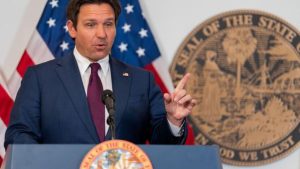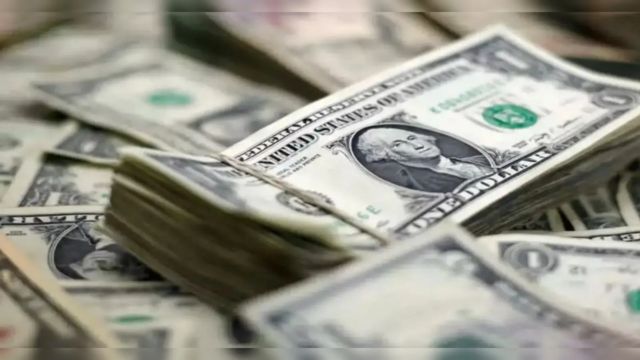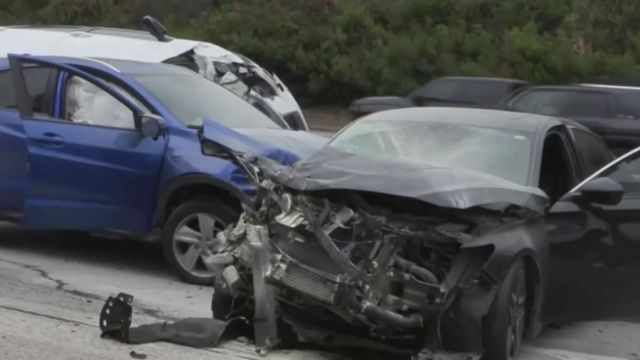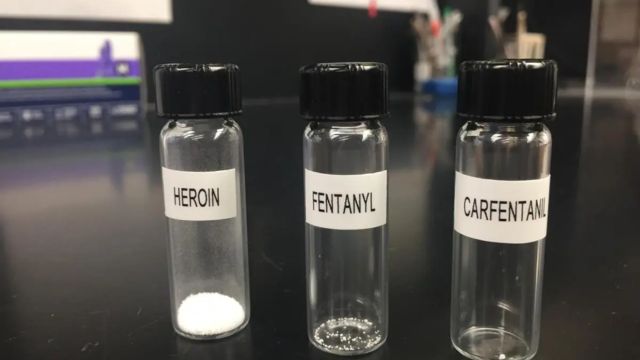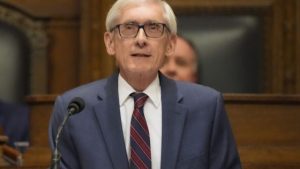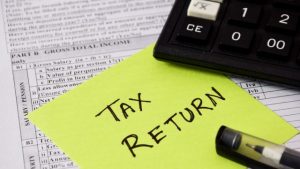People in certain parts of the United States are about to get a $1,400 stimulus check. This is a part of the Credit for Recovery Rebates. People who did not use any of the Economic Impact Payments (EIP) were eligible for this return credit. These taxpayers who were eligible could use this credit to claim any missed payments, which would lower their tax bill or raise their tax refund. People who were having trouble with their finances because of things like the COVID-19 pandemic were supposed to get some financial help.
Coming soon: stimulus checks
Five hundred thousand taxpayers will gain from the extra $1,400 stimulus check. There will probably also be people in this group who are still feeling bad from the virus. It looks like the market is getting better, but not everyone has been so lucky. Some people may still lose their jobs or have their hours cut back.
For some, the financial and health problems that this situation caused are still fresh in their minds. That group is made up of people who did not claim the Recovery Rebate Credit on their 2021 tax forms. The sender will either get a check in the mail or these payments will be put directly into their bank account. The choice was made after the IRS looked into it.
Figuring out qualifying in this case
The IRS looked at its own data and found that many of the people who filed tax returns in 2021 did not claim the Recovery Rebate Credit. This could be used by people who did not receive any of the stimulus payouts or Economic Impact payouts that were offered. A lot of these started up after the plague.
People who filled in $0 or left the Recovery Rebate Credit area blank on their 2021 tax return may be able to get this extra payment. People who haven’t paid their 2021 taxes yet might also be able to get help. These 2021 tax returns that haven’t been made yet need to be done by April 15, 2025. People who aren’t sure if they qualified can look at their 2021 tax returns.
How to best make use of these payments
This unexpected gain can help with money issues that need to be fixed. People might want to spend this money on things that will make them happy in the short term, but they should be smarter about it. One choice is to put money toward your short- or long-term goals. You can give money to a good cause if your position allows it. But it’s a big problem if you don’t have an emergency fund or if you don’t have enough money in it.
These funds are mostly used as a backup in case of sudden financial problems. These can be anything, like losing your job or needing to fix your car right away. It’s best to have enough money in this fund to cover your living costs for three to six months. It’s not enough to cover the whole bill, but the check payment is a good start. Investing is another thing that can always be thought about. Interest that builds on itself over time is what makes an investment great.
In this way, they get interest on the money they invested as well as the interest it has made. There are many choices, such as the certificate of deposit (CD), high-yield savings accounts, stocks, and more. Making a down payment on a loan is also very important, especially if your earnings aren’t stable enough. The types of debt with high interest rates are quick loans, credit cards, and some personal loans. If the full amount is not paid off every month, these can cause the person to pay interest fees of 18% or even more. Putting the stimulus check toward a down payment on this debt can save a huge amount of money in interest over time.



